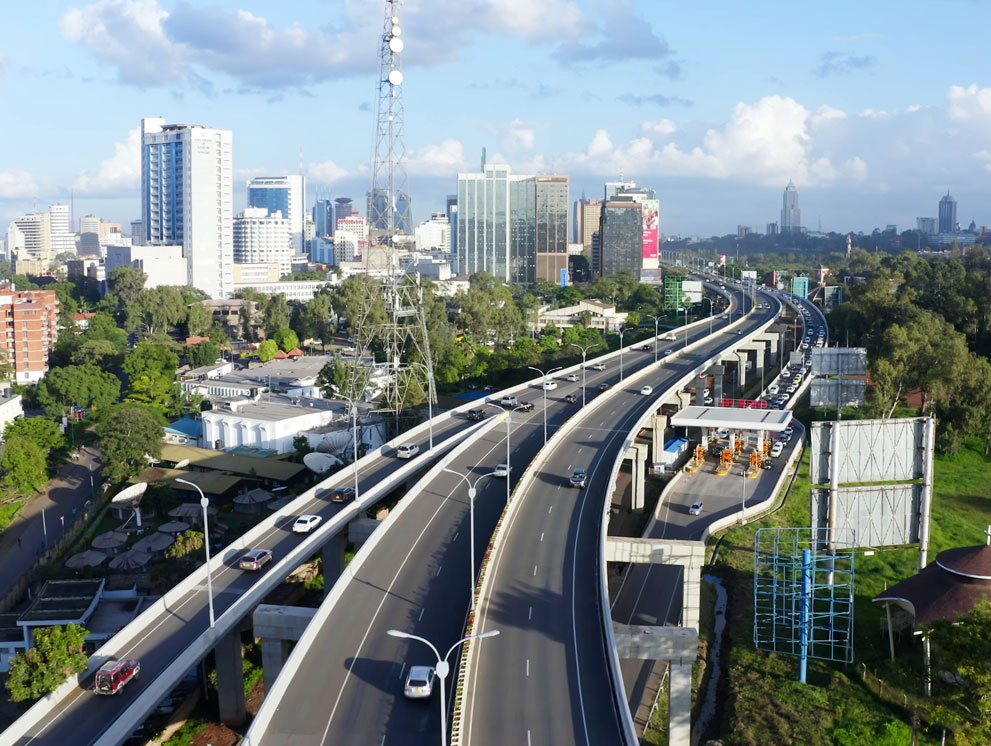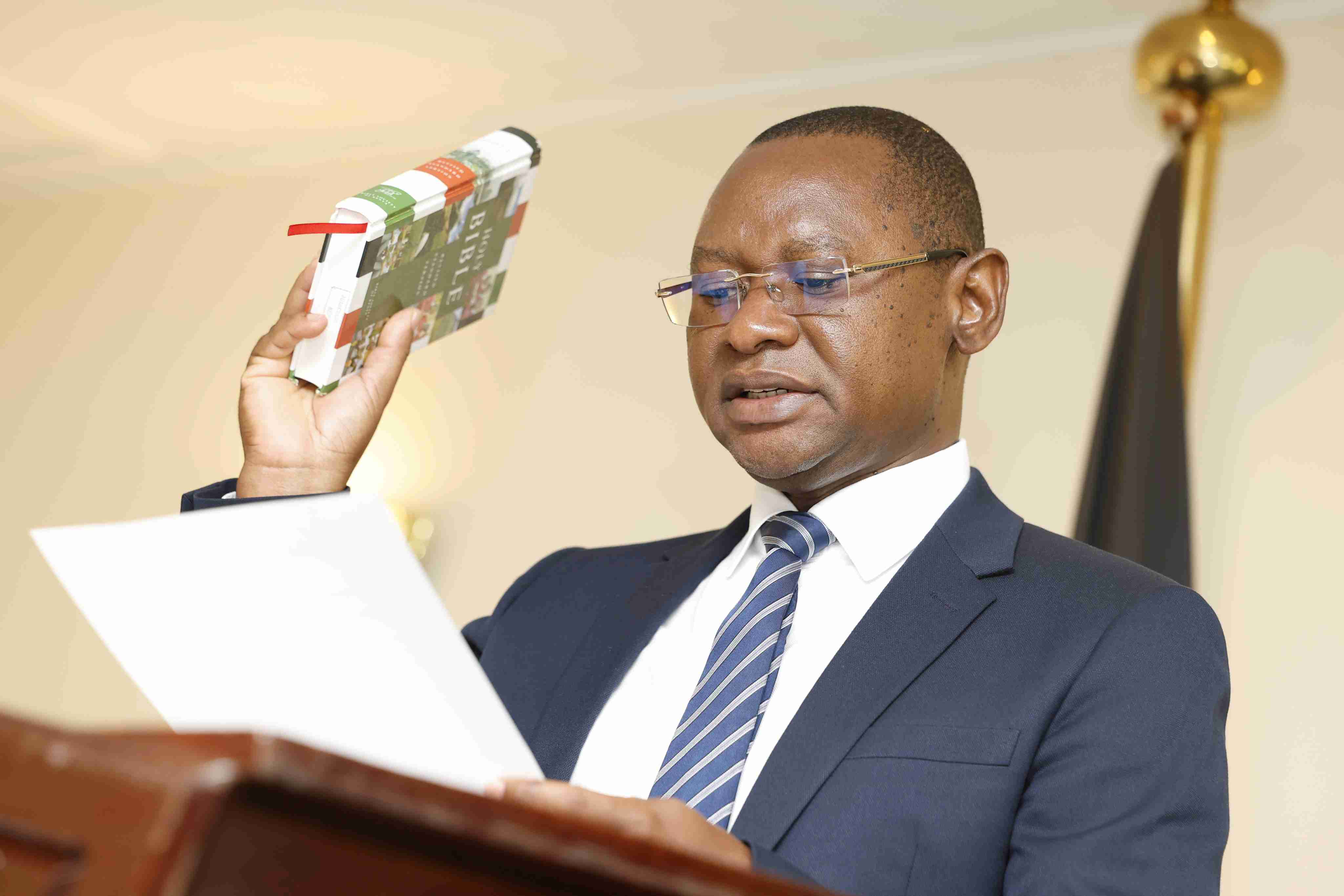Kenya loses over Sh250 billion annually to illicit trade and counterfeits - report

The study points to businesses increasingly being involved in these illegal activities, while corruption, fake goods, and trade misinvoicing remain the main drivers of the losses.
Kenya is losing hundreds of billions of shillings each year to cartels, counterfeiters, and illicit trade networks, raising concerns over the country’s economic stability and public revenue.
A joint report by the National Taxpayers Association and Oxfam estimates that the economy loses between Sh243 billion and Sh253 billion annually, a figure that has more than doubled over the past four years.
More To Read
- Businesses granted 30-day relief on long-stay container charges at Mombasa port
- Meta to deduct 5 per cent tax on Kenyan creators’ earnings in 2026
- National Treasury says weak revenue, high debt repayments straining Kenya’s budget
- Government shifts cargo clearance to Nairobi, Naivasha in bid to decongest Mombasa Port
- KRA’s official X account hacked, public warned against fraudulent posts
- High Court rules in favour of KRA in Sh1.1 billion tax dispute, orders fresh tribunal hearing
The study points to businesses increasingly being involved in these illegal activities, while corruption, fake goods, and trade misinvoicing remain the main drivers of the losses.
Counterfeit products alone cost the government over Sh153 billion every year, with cigarettes, alcohol, pharmaceuticals, spare parts, textiles, and manufactured items most affected.
“The gaps are widening, and this should be a concern for Kenya’s fiscal health. Unless addressed, these practices will continue undermining economic growth and fair competition,” said Saidimu Terra Leseeto, Senior Advisor for Tax and Fiscal Affairs in the Office of the President.
Trade mis-invoicing has emerged as a silent but substantial contributor, accounting for about Sh711 billion in unrecorded financial flows between 2015 and 2023, averaging Sh79 billion per year.
The practice is especially prevalent in imports from major partners, including China, India, and the United Arab Emirates (UAE).
Unlike counterfeit goods, which are visible in markets, trade misinvoicing occurs in customs documentation, often hidden within international transactions.
Using the partner country method, analysts compared Kenya’s import records with the export figures reported by its trading partners. Between 2016 and 2024, discrepancies totalled $144 billion (Sh18 trillion).
“For example, China reported exporting goods worth significantly more to Kenya than what Kenya declared as imports, pointing to possible under-invoicing,” Leseeto explained.
Industry data further highlights the impact of illegal goods on the economy. According to the Anti-Counterfeit Authority, one in every five items sold in Kenya is fake, causing losses exceeding Sh100 billion annually.
Illicit cigarettes alone cost Sh6 billion in lost taxes each year, while illegal alcohol accounts for 21 per cent of the market, resulting in nearly Sh67 billion in lost revenue between 2021 and 2023.
The textile sector, particularly yarn products such as fabrics, threads, and ropes, faces counterfeit trade worth Sh80 billion.
Kenya Revenue Authority records reveal the challenge in enforcement.
In 2024, goods worth Sh243 million were seized and destroyed, up from Sh200 million the previous year, highlighting that while authorities are taking action, it barely scratches the surface of the problem.
Oxfam and NTA note that the annual losses equal nearly 10 per cent of Kenya’s national budget, funds that could double the health allocation or provide free secondary education for all children.
The Tax Justice Network adds that tax abuse alone costs Sh25 billion annually, enough to cover 9.5 per cent of health or 4 per cent of education spending.
The report warns that unless urgent measures are taken, Kenya’s economic growth, fair competition, and fiscal stability will remain under threat.
“The size of value mismatch on international trade, established through PCM, similarly shows an increasing disparity, hence value of mis-invoicing from a net value of Sh1 billion in 2016 to a value of Sh180 billion in 2024,” the study states.
Top Stories Today












































